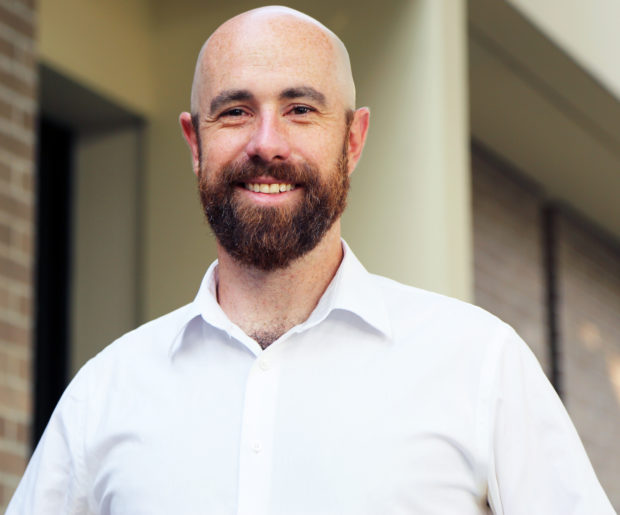Editor’s note: A wide-open and critical election year is looming in Idaho in 2018. This is the second of a periodic series of interviews with candidates for state and federal office — with an emphasis on education topics.
State Rep. Luke Malek isn’t sold on dismantling the U.S. Department of Education — for pragmatic reasons.
As a member of the Legislature’s budget-writing Joint Finance-Appropriations Committee, Malek is concerned about what would become of the $264 million in federal money that supports Idaho’s K-12 system.
“We need every dollar that we are putting into education, right now,” Malek said.
Malek, a Coeur d’Alene Republican and attorney, is abandoning his legislative seat for Idaho’s 1st Congressional District race. The decision comes at a crucial political juncture. First, the congressional race is wide open, with current U.S. Rep. Raul Labrador leaving Capitol Hill to run for governor. Second, the congressional election comes as the Trump administration pushes for sweeping and controversial changes in federal education policy.
Malek, 35, is one of three prominent Republicans running for the open congressional seat. Former gubernatorial candidate and state Sen. Russ Fulcher of Meridian and former attorney general and Lt. Gov. David Leroy of Boise are also formally in the race.
In a recent Idaho Education News interview, Malek says he hopes to ensure residents in the 1st District have a good working relationship with a Congress that regulates logging, mining, agriculture, manufacturing and education. If elected, Malek says he will make constituent service his top priority.
In the interview, Malek took a measured tack on education policy issues.
Malek distanced himself from Labrador on disbanding the U.S. Education Department, an idea that has dogged the agency since its inception in the late 1970s. Earlier this year, Labrador endorsed a one-sentence bill to mothball the department.
Malek said he would never advocate eliminating the federal agency, unless Congress identified a clear mechanism to replace federal education funding.
Trump hinted at eliminating the department during the 2016 campaign — but as president, he has instead proposed fundamental changes in what the federal government spends on education, and where the money goes. Earlier this year, Trump proposed a 13.5 percent cut in the 2017-18 Education Department budget, while shifting additional money into school choice initiatives.
Malek said he had no strong opinion about Trump’s proposals to cut federal teacher training and after-school and summer programs that are widespread in Idaho. He said he would want to see a “data-based case” for the cuts.
Malek downplayed the Trump administration’s push for school choice — which takes in charter schools, now common in Idaho, and voucher programs that are unconstitutional in Idaho. “If there’s going to be a change, it’s going to be at the Idaho level,” he said. “The federal government really has no idea of what Idaho needs.”
Similarly, Malek offered a measured assessment of Education Secretary Betsy DeVos — a billionaire backer of school choice, and one of Trump’s most polarizing Cabinet picks. DeVos’ pick has generated “a tremendous amount of noise,” Malek said, but little in the way of substantive change.
“I’m not seeing anything with her appointment that’s having any impact on the students in Idaho,” he said.
But Malek is opinionated — and adamant — about the federal government’s role in higher education. Getting rid of federal financial aid programs would be a “grave mistake,” he said.
“As of right now, this is our only option,” Malek said.
More reading from this series:
Tommy Ahlquist on education: ‘It’s creating that clarity’

